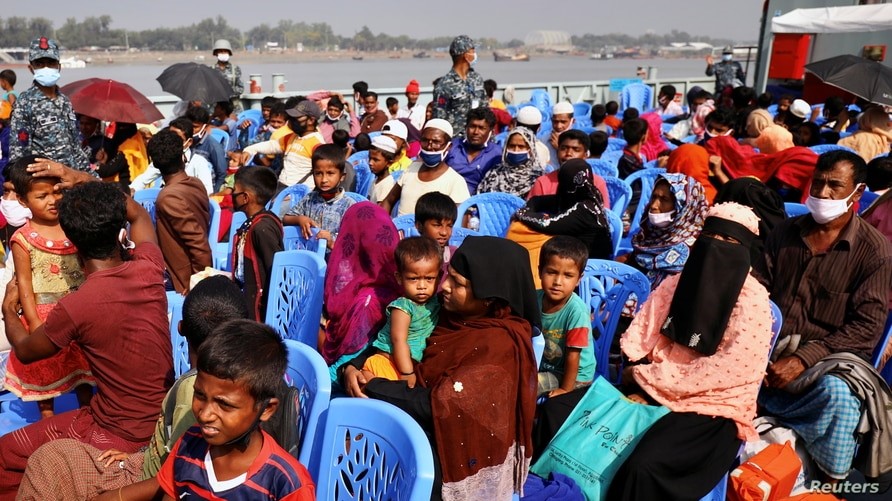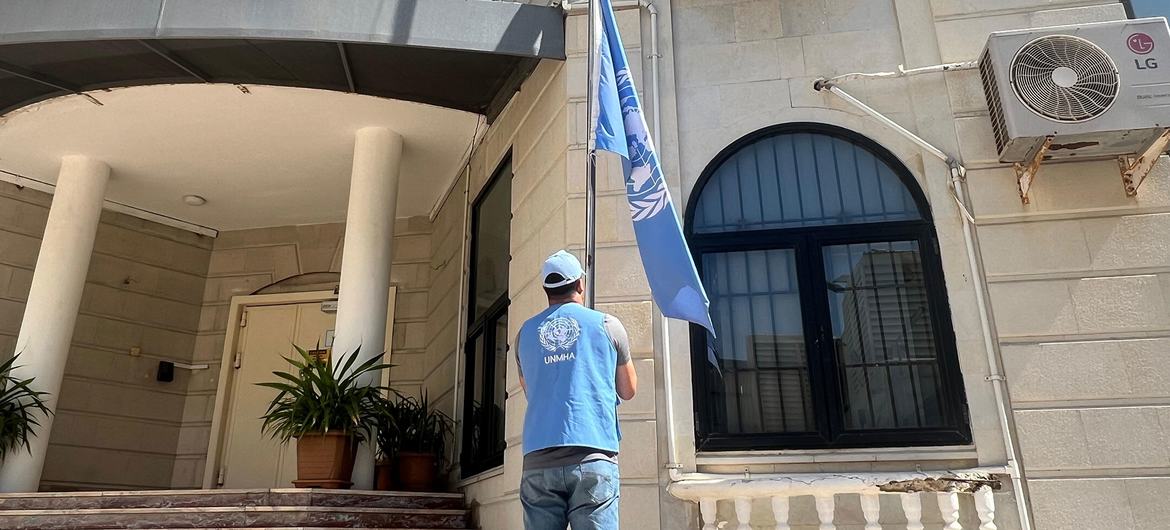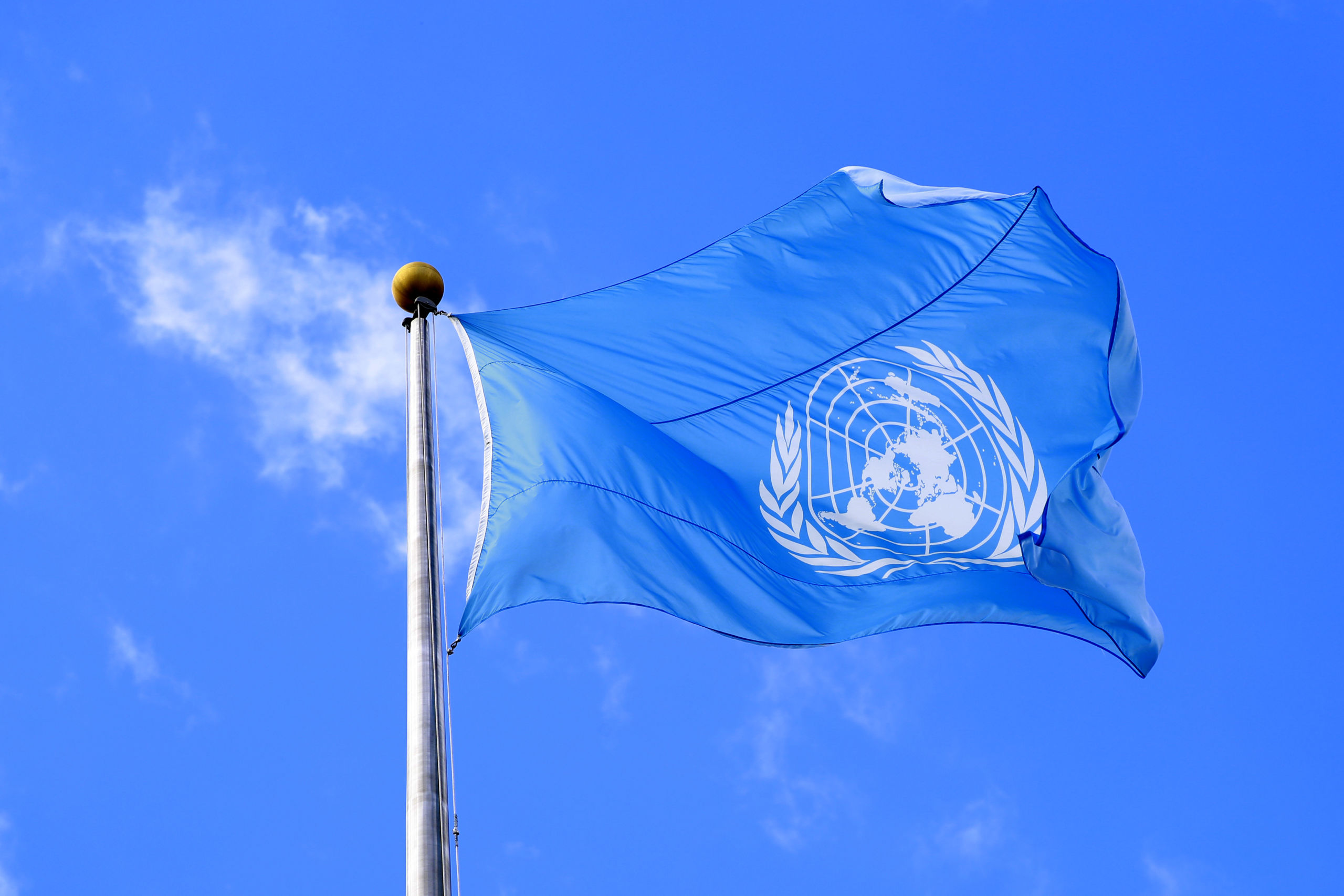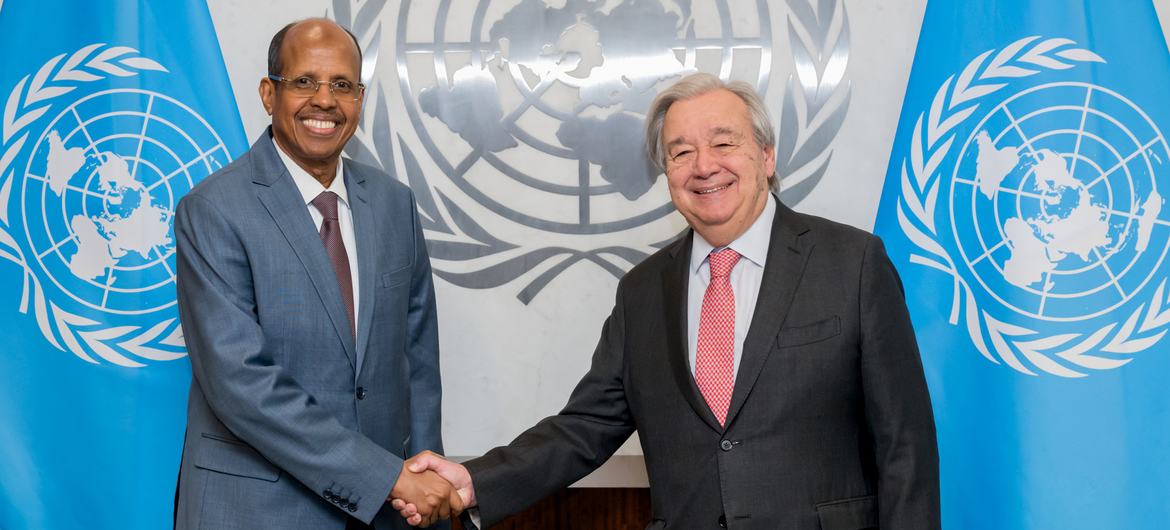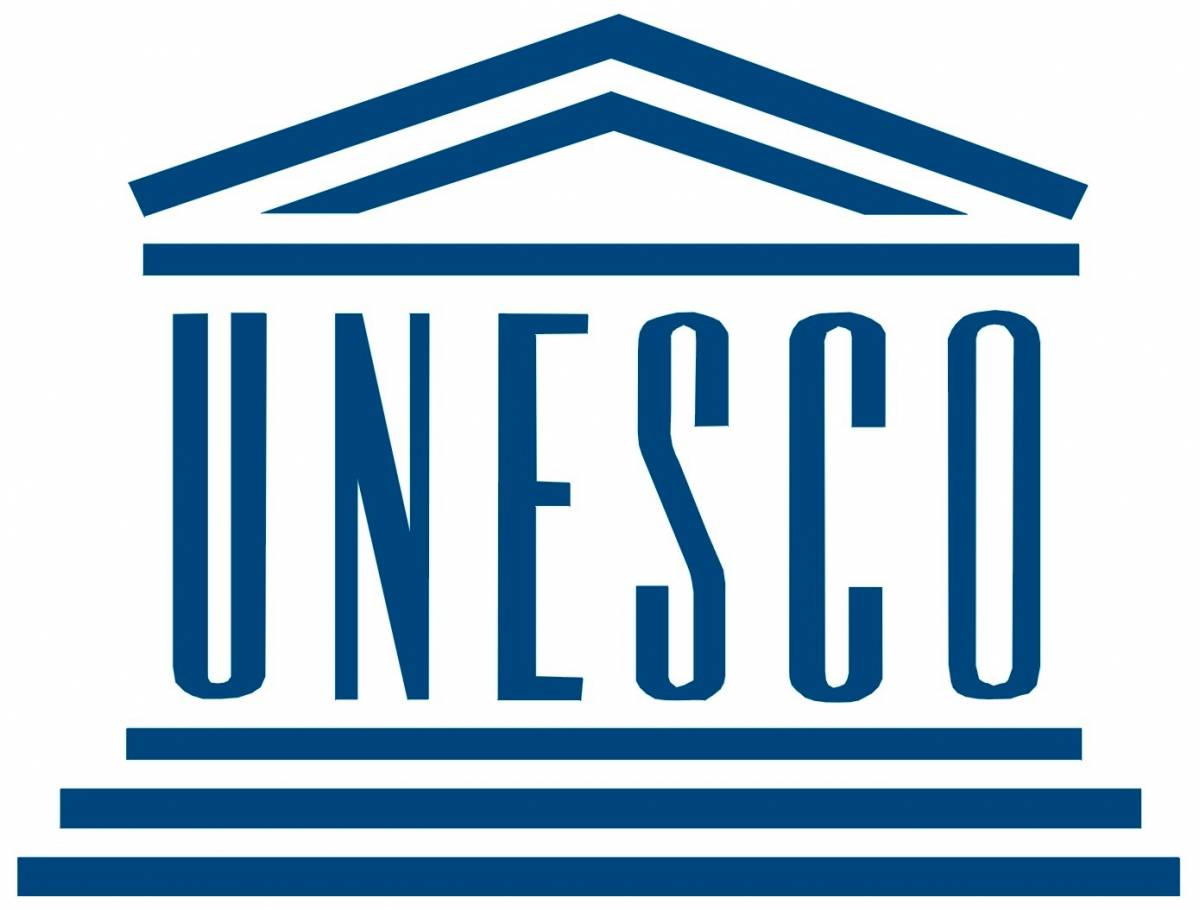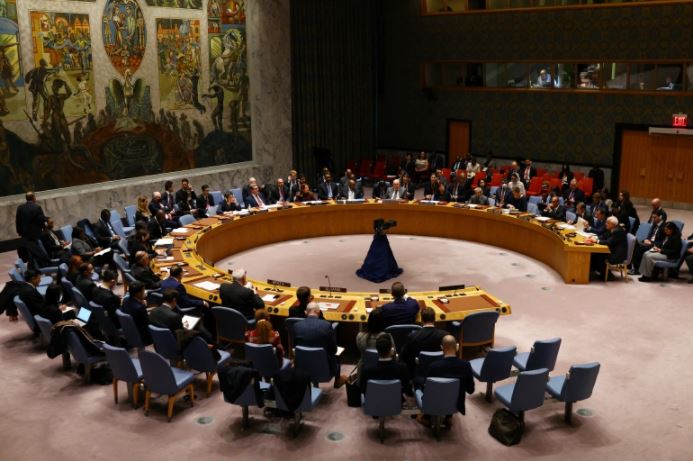Press Release – World Cancer Day – The Defeat-NCD Partnership
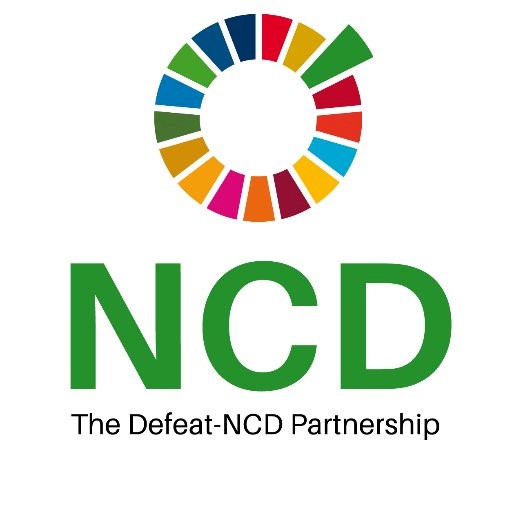
Geneva, Switzerland – This World Cancer Day, it was vital to remember our moral responsibility to ensure health practitioners on the frontline of delivering care in low resource settings are adequately equipped with the latest knowledge, data, and research. This day brought together online 270 scientists, policymakers, and advocates, on the frontline of delivering care around the world to improve critical care for cancer and prevent mortality. The event was organised by The Defeat-NCD Partnership at the United Nations Institute for Training and Research, which aims to reduce premature mortality due to non-communicable diseases such as cancer by one-third by 2030.
The event was organised against the backdrop of the global COVID-19 Pandemic, which has severely disrupted the care of severely ill cancer patients, and the early diagnosis of others, leading to increased hardship and long-term impacts that will continue to be felt. Indeed, according to the World Health Organization the COVID-19 pandemic has had a “profound” impact on the diagnosis and treatment of cancer around the world. Furthermore, lockdowns have increased exposure to cancer risk factors such as tobacco, alcohol, unhealthy diet, and physical inactivity, which will increase the cancer burden in the long term.
“We at The Defeat-NCD Partnership are emphasising on this World Cancer Day that the continuity of cancer care services during a global emergency such as the COVID-19 pandemic is the key to ensuring that we build back better,” said Mukul Bhola, Chief Executive of The Defeat-NCD Partnership. “To give an example – today, the world is looking at the COVID-19 pandemic with the hope that a vaccine will bring the pandemic under control. The Defeat-NCD Partnership is working with governments to demonstrate that the COVID-19 vaccine is an essential touchpoint for healthcare workers to interact with patients. We believe that this touchpoint should not be wasted but utilised to screen and diagnose undetected cases of NCDs and cancer, so that the appropriate care may then be provided. Only then will we be able to achieve decreased premature NCD mortality and ensure universal health coverage”.
The online event saw eminent clinicians present some of the latest advances and breakthroughs in cancer prevention, clinical practices, innovative treatment solutions, and quality care. Considerations on the administration of the different types of COVID-19 vaccines available and under development to cancer patients were shared, in addition to what changes in cancer treatment and care the future may bring based on the latest cutting-edge research. Among a wide range of topics, the discussions focused on ‘presentation hesitancy’, whereby patients are not able to go to the doctor to receive a cancer diagnosis due to COVID-19 fears, or cancer screenings being paused or scaled-down. The experts urged those with cancer signs and symptoms to seek support from medical professionals without delay, to ensure an early diagnosis.
Rajesh Tope, Minister of Public Health and Family Welfare, Government of Maharashtra, India’s most urbanised and industrialised state, emphasized his commitment to “reducing the nearly 8% growth in cancer mortality by increased screening and affordable cancer care.” The minister then called up-on The Defeat-NCD Partnership to join forces to save lives lost to cancer and work together on a campaign to eliminate cervical cancer in the state of Maharashtra.
Actor Sanjay Dutt, Global Champion for Cancer Care with The Defeat-NCD Partnership at the United Nations Institute for Training and Research, was diagnosed with advanced cancer in late 2020 and is now in remission following treatment. During the event, he shared his personal journey of living with cancer and living with immediate family members who lost their lives to the disease – recognising the important role that health practitioners and family members play in each patient’s journey to battle this chronic disease. Despite the great scientific advances in treatment solutions, he expressed his frustration at the exorbitant and differentiated costs of cancer treatment across different countries. He questioned how those less fortunate and privileged than him would be able to access treatment options available today, even if they were diagnosed early enough. These inequalities and his personal journey have driven and motivated Sanjay Dutt to lend his voice, through The Defeat-NCD Partnership to champion the work across 90 plus low resource countries and accelerate action towards the United Nations Sustainable Development Goal 3.4: to reduce by one-third premature mortality from non-communicable diseases through prevention and treatment and promote mental health and well-being by 2030. Sanjay pledged his commitment to applying his industry expertise as an artist and film producer, combined with his public reach through millions of followers, to advocate for increased awareness, prevention, and better management of cancer. In this regard, preparatory work has already commenced at The Defeat-NCD Partnership on research and development of a script for a film on the theme of living with cancer.
More Info
To set up interviews, receive photography or request further information, contact Layal Barjoud, layal.barjoud@defeat-ncd.org; + 41 79 681 74 96
- 15 million people die prematurely (between the ages of 30 and 70 years-old) each year due to non-communicable diseases (Source: World Health Organization, 2018)
- In 2016, non-communicable diseases were responsible for 41 million of the world’s 57 million deaths (71%). The burden is greatest within low- and middle-income countries, where 78% of all non-communicable disease deaths, and 85% of premature deaths, occurred (Source: World Health Organization, 2018)
- World Health Organization information on the link between COVID-19 and non-communicable diseases, including guidance for patient management and tips for people living with or affected by non-communicable diseases: https://www.who.int/publications/m/item/covid-19-and-ncds
- 6 million people die from cancer every year – this number is predicted to almost double by 2030.
- At least one-third of common cancers are preventable.
- Cancer is the second-leading cause of death worldwide.
- 70% of cancer deaths occur in low-to-middle income countries.
- Less than 30% of low-income countries have cancer treatment services available (compared to 90% in high-income countries)
- The total annual economic cost of cancer is estimated at approximately US$1.16 trillion.
- Up to 3.7 million lives could be saved each year through resource appropriate strategies for prevention, early detection and timely and quality treatment.
- For more information, please see: https://www.who.int/health-topics/cancer


